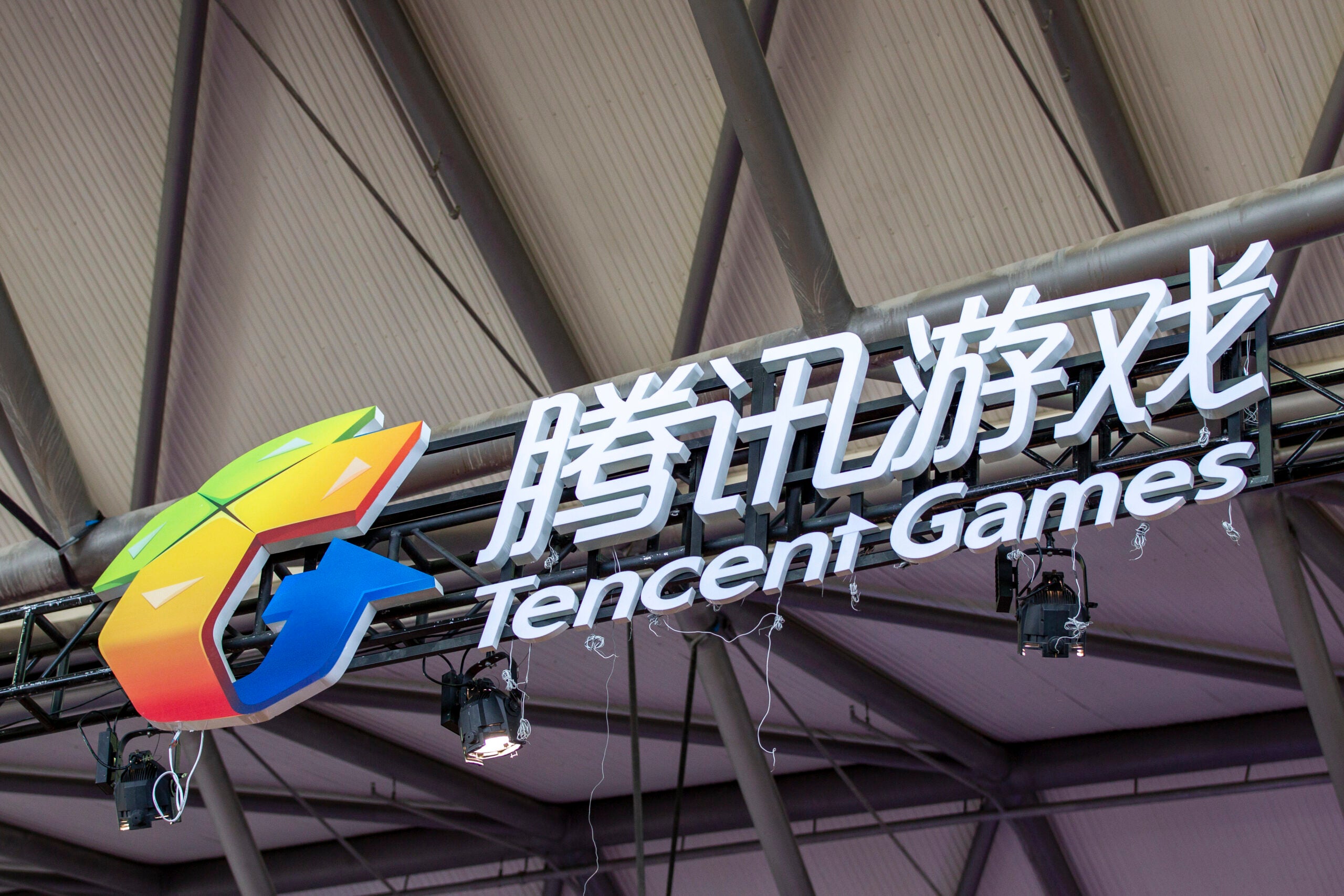
Chinese web giant Tencent announced that it will buy British game developer Sumo in a $1.27bn deal. The acquisition will further cement Tencent’s position as a leader in the gaming industry despite China’s ongoing antitrust crackdown and growing domestic competition.
Tencent said on Monday that it would bring together Sumo’s racing and snooker games with its own high profile range of games, Reuters reported. Shareholders in Sheffield-based Sumo will get 513 pence in cash per share, valuing the company at £919m. The price represented a premium of about 43% above Sumo’s closing share price of 358 pence on Friday. Following the announcement of the deal, Sumo’s shares surged 42% to a record high.
Tencent tops GlobalData’s gaming sector scorecard rankings. According to GlobalData’s analysis, the Chinese colossus is strong across nine out of the ten themes that matter the most in the market. It has achieved a perfect thematic score of five out of five for mobile gaming, esports, game development and China impact. For virtual and augmented reality, social media, Covid-19 and cloud gaming, it achieved four out of five.
The only theme in which Tencent didn’t score well is regulation, which is a common concern for most gaming companies, notably amid China’s regulatory climate. In-app monetisation and data privacy are also ongoing issues across the gaming sector.
Sumo joins the rapidly expanding list of game developers that are now wholly or partially owned by Tencent, including Riot Games, Epic Games, Dontnod, Activision Blizzard, Ubisoft and Paradox.
Carl Cavers, Sumo’s chief executive and co-founder, told The Guardian: “The opportunity to work with Tencent is one we just couldn’t miss. It would bring another dimension to Sumo, presenting opportunities for us to truly stamp our mark on this amazing industry, in ways which have previously been out of reach.”
How well do you really know your competitors?
Access the most comprehensive Company Profiles on the market, powered by GlobalData. Save hours of research. Gain competitive edge.

Thank you!
Your download email will arrive shortly
Not ready to buy yet? Download a free sample
We are confident about the unique quality of our Company Profiles. However, we want you to make the most beneficial decision for your business, so we offer a free sample that you can download by submitting the below form
By GlobalDataCavers and two other co-founders, Paul Porter and Darren Mills, will continue to work in the business after the acquisition is finalised.
The deal comes against a background of increasing regulation for the Chinese web giants at home. China’s market regulator recently blocked Tencent’s plan to merge the country’s main videogame streaming platforms, Huya and DouYu, which would have created a live streaming behemoth valued over $10bn.
The State Administration for Market Regulation (SAMR) said that Tencent did not meet requirements on giving up exclusive rights. In a regulatory ruling published on Saturday, China’s market watchdog said that Huya and DouYu would achieve a combined market share in the video game live streaming industry of over 70% if the merger went through, which would make Tencent the world’s biggest games publisher.
The formal blocking of the merger shows that regulators in Beijing are no longer shying away from taking a hard stance against the country’s increasingly powerful tech industry. Moreover, the decision sets a precedent indicating that China’s era of internet freewheeling has come to an end.
Nevertheless, the deal with Sumo shows that Chinese regulators have no issue with Tencent’s ambitions to grow its global market share. It is currently the world’s second-largest videogame group by revenue after Sony, and Tencent is also massive across other sectors. It’s “super app” WeChat allows users to access a huge range of services, such that there may be no perceived need for a WeChat user to ever use any other app.
Is ByteDance coming for the crown?
Despite being a household name in the gaming industry, Tencent faces fierce competition domestically, notably from industry newcomer ByteDance. The company behind the short-video phenomenon TikTok has made its ambitions to enter into the gaming industry clear.
In the past three years the company has hired more than 3,000 people for its gaming unit. ByteDance’s gaming chief, Yan Shou, recently revealed its goal to rival international gaming powerhouses such as Nintendo and Activision Blizzard, the South China Morning Post reported.
In Shanghai last week, Yan gave a speech at the seventh-anniversary party of Moonton Technology, a video games company ByteDance recently acquired for $4bn and stressed that global expansion lies at the heart of ByteDance’s strategy for video games.
ByteDance is not the only company that wants a slice of the lucrative gaming market, which is now estimated to be worth $175.8bn. US entertainment titan Netflix recently revealed plans to offer video games on its platform by next year, Bloomberg reported. Ecommerce platform Amazon has also newly established its Amazon Games unit, which is soon supposed to roll out self-developed games to its users.






